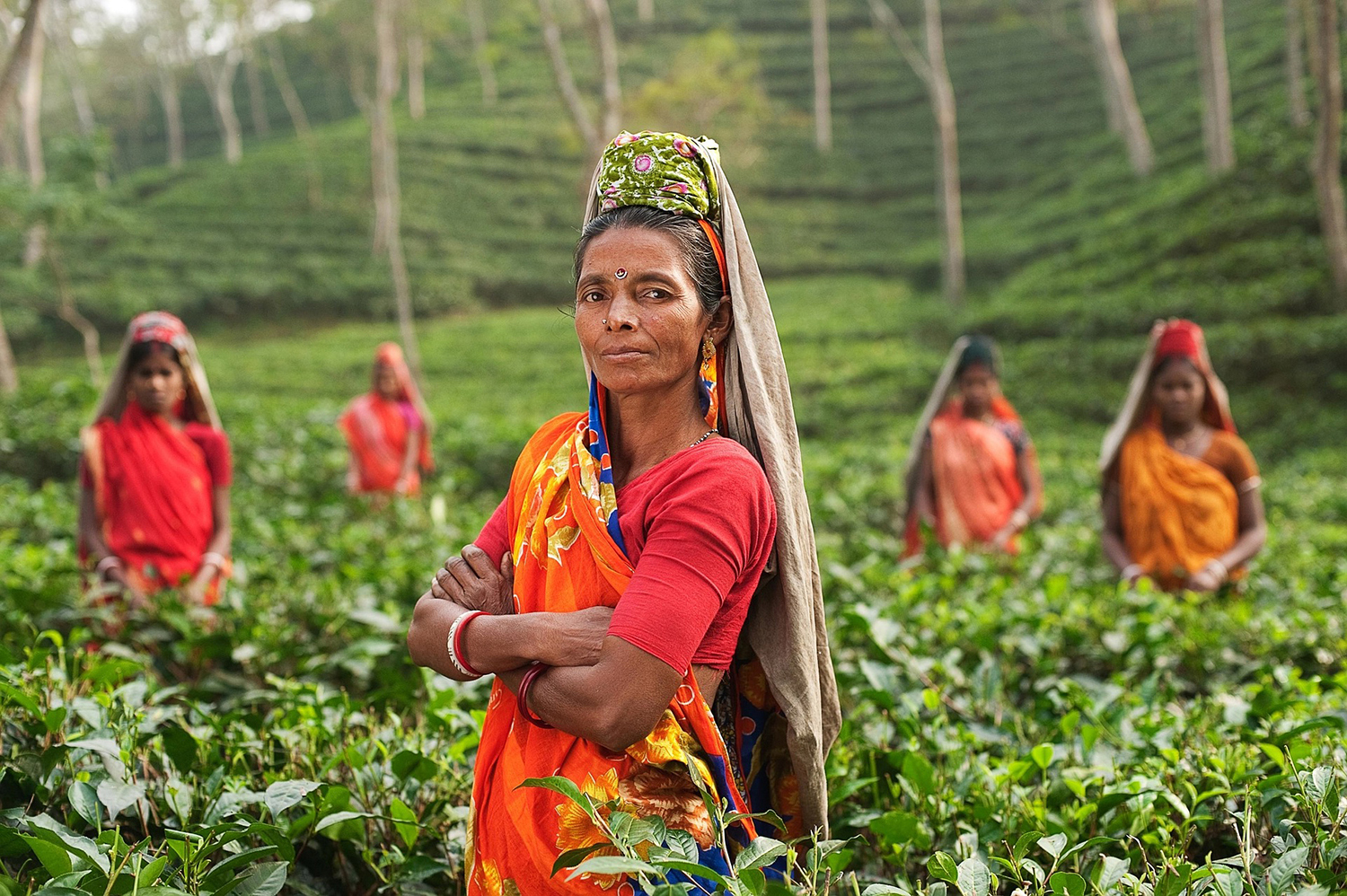
More global, within our borders and beyond
Inclusive, global, sustainable development: the theme of the National Research Agenda is designed to challenge researchers to cooperate with their non-Western colleagues. “Problems, solutions, scientific knowledge – they’re no longer local. We can benefit considerably from collaboration and exchange.”
Are there links the between sustainable development goals in the National Research Agenda and the work being done by RIVM? Wiebe Bijker, chair of the NWO WOTRO Science for Global Development steering committee, and Hans van Oers, Chief Science Officer at RIVM, independently share their thoughts on the matter.
“RIVM devotes more attention to the sustainable development goals than I would have thought,” says Bijker, emeritus professor of technology and society at Maastricht University, who is pleasantly surprised by his visit to the website. Seven of the 17 sustainable development goals set by the UN are being actively pursued – the current yield of the ‘Global Goals at RIVM’ project. Hans van Oers, who is also a professor of public health at Tilburg University, heads that project. The UN goals and the National Research Agenda both offered excellent reasons to explore how RIVM research contributes to both. “By now, we have reached the point that we are looking into where we could do even more.”